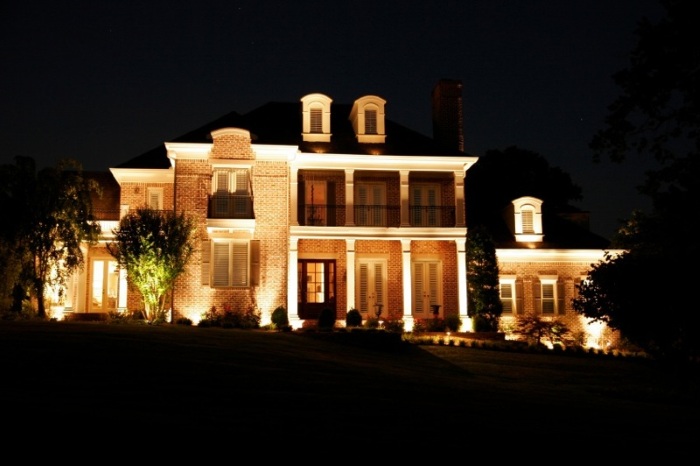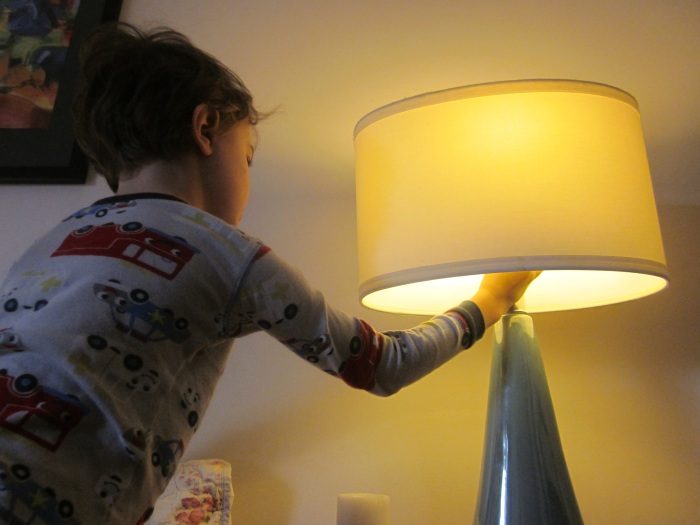A multidisciplinary study conducted by researchers at UCLA sought to find the most effective way to get people to cut back on their electricity usage.

They used two key messages: finding out how much money an individual could save versus knowing how much cancer-causing air pollution one could eliminate by unplugging their devices.
What they discovered was a bit surprising.
People who heard how much money they could save on a regular basis became numb to the message, and made practically no changes to their behavior. On the flip side, those who heard regularly about the environmental benefits that come from changes in one’s electricity usage cut their energy spending habits by an average of 8%.
Furthermore, the study found that the environmental message was particularly effective in changing the behavior of people with children in their home. This group reduced their electricity usage by 19%.

The UCLA project, referred to as “Engage” and published in the journal PNAS, was created with the goal of better understanding the motivations behind getting people to be more conservative with their energy use, and how best to encourage these actions.
“We're finding that you have to bundle the public good with the private good,” said Magali Delmas, the study's principal investigator and an environmental economist at the UCLA Anderson School of Management. “Our message about health and the environment reminds people that environmentalism is also about them and their kids.”
Participants were divided into two groups and for six months thereafter, each of their residencies were measured for their baseline energy use. From there, participants began to receive weekly emails over the next four months telling them how much more energy they used than their most efficient neighbor. One group was then told how much more they paid than said neighbor, while the other group was made aware as to how many more pounds of air pollution they were creating than the neighbor; the latter group’s message concluded with a reminder that air pollution is linked to diseases like childhood asthma and cancer.

Delmas and his team feel that the environment-focused messages were more effective because it combined two ideas: (1) that cutting back energy use would, in turn, reduce air pollution, and that (2) being more conservative with electricity would reduce the risk for the diseases it caused.
On the flip side, the cost-savings messaging might have been less effective due to the fact that electricity is, by and large, fairly inexpensive, and so saving a few cents or dollars really didn’t appeal to participants.
“For most people at our field site, the savings for cutting back to using the same as their most efficient neighbor would only be $4 to $6 per month,” Delmas explained. “That's a fast-food combo meal or a couple of gallons of milk.”
The study ran from October 2011 to July 2012, and it involved researchers from multiple UCLA departments to devise and install smart-metering systems for 118 apartments at the campus’s University Village (an area that provides housing for graduate students and their families).
Additionally, the team created a website that enabled them and the residents to track historical and real-time electricity use, and to see energy-use data for appliances and systems. This system allowed residents to track spikes in energy use as well as power dips.
Some participants really took interest in the study and the messages they were being given, with one family discovering that by moving cereal boxes away from the top of their refrigerator, the device gained better airflow which, in turn, lowered its electricity usage.
“Knowledge of personal electrical energy usage is inaccessible to most individuals,” said co-principal investigator William Kaiser, a professor at UCLA's Henry Samueli School of Engineering and Applied Science, who helped design and build the smart meters. “Our objective is to monitor and optimize energy-usage guidance for individuals to produce direct benefits in conservation.”
Two people that took part in the study, Victor Pinto and Paulina Morales, both of whom received messages about their impact on the environment, had different takes on the marketing approach. Where Pinto disliked the guilt trip, Morales said it inspired her to be more conservative.
“The message reminds you that you're hurting people and the planet,” Morales said. “It made me more conscious of the energy I was using.”
Story via Phys.org
Advertisement
Learn more about Electronic Products Magazine





